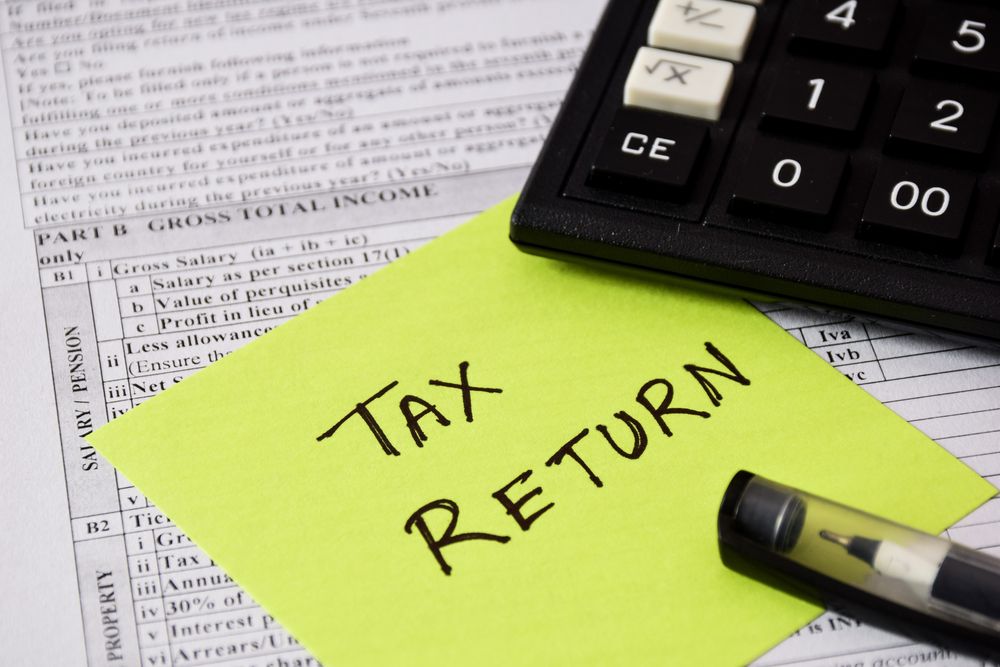
Congratulations on graduating! As you step into the professional world, there’s a new responsibility waiting for you – filing your first tax return. It might seem daunting, but with a little guidance, you can navigate this annual duty like a pro. Tax season doesn’t have to be a maze of confusion; consider this guide your personal map to help you find your way through your first tax return with ease.
Understanding Your Tax Obligations
Entering the workforce means you’re now part of the tax system. Understanding your obligations is crucial to ensure you’re in compliance with the law and possibly to take advantage of refunds or deductions you’re entitled to. As a recent graduate, you should be aware of the income threshold that requires you to file a tax return. If you’ve held a job, chances are taxes have been withheld from your paycheck, and you might be eligible for a refund.
Moreover, if you’ve had more than one job or have worked as a freelancer or contractor, you’ll need to compile all your income statements, such as W-2s and 1099s. It’s important to know that not all income is created equal in the eyes of the tax code; for example, freelance income may be subject to self-employment tax.
Tax Credits and Deductions for Recent Graduates
As a recent graduate, you may be eligible for specific tax credits and deductions that can reduce your taxable income or your tax liability. For instance, the American Opportunity Tax Credit (AOTC) or the Lifetime Learning Credit (LLC) can help offset costs if you’ve paid for education-related expenses during the tax year.
You may also be able to deduct student loan interest you’ve paid up to a certain amount. Understanding what deductions and credits you’re eligible for can significantly impact your tax situation, often resulting in a lower tax bill or a larger refund.
Organizing Your Documents and Information
Organization is key when it comes to filing your taxes. Start by gathering all necessary documents, such as your W-2 form from your employer, interest statements from banks, and any documentation related to deductible expenses or credits. If you’ve moved, make sure to have your current address updated with your employer and financial institutions so you receive all your tax documents promptly.
It’s also helpful to have a copy of last year’s tax return if applicable, even if you didn’t file it yourself. The previous year’s return can serve as a guide for what you’ll need this year and may help you identify any carryover amounts such as capital losses.
Choosing the Right Filing Method
Filing your taxes can be done in several ways: doing it yourself with tax software, hiring a tax professional, or using free tax preparation services if you qualify. Consider your own comfort level with financial matters, the complexity of your tax situation, and your budget.
For straightforward tax situations, do-it-yourself tax software might be sufficient and cost-effective. These programs often provide clear instructions and support to help you through the process. However, if you have multiple income sources, are self-employed, or have more complex tax situations, you might benefit from professional assistance.
Avoiding Common Mistakes and Filing on Time
First-time filers are prone to common mistakes such as entering incorrect information, math errors, or missing deadlines. Double-check your return for accuracy, and make sure you understand the implications of the choices you make, like whether to take the standard deduction or itemize.
Be mindful of the tax filing deadline, typically April 15th, unless it falls on a weekend or holiday. If you need more time, you can file for an extension, but remember that an extension to file is not an extension to pay any taxes you may owe.
As a new graduate, filing your tax return is a significant step in your financial journey. By understanding your tax obligations, taking advantage of eligible credits and deductions, organizing your information, selecting the right filing method, and being diligent about details and deadlines, you can navigate tax season with confidence. Remember, the effort you put in now can set you up for financial success in the years to come.
